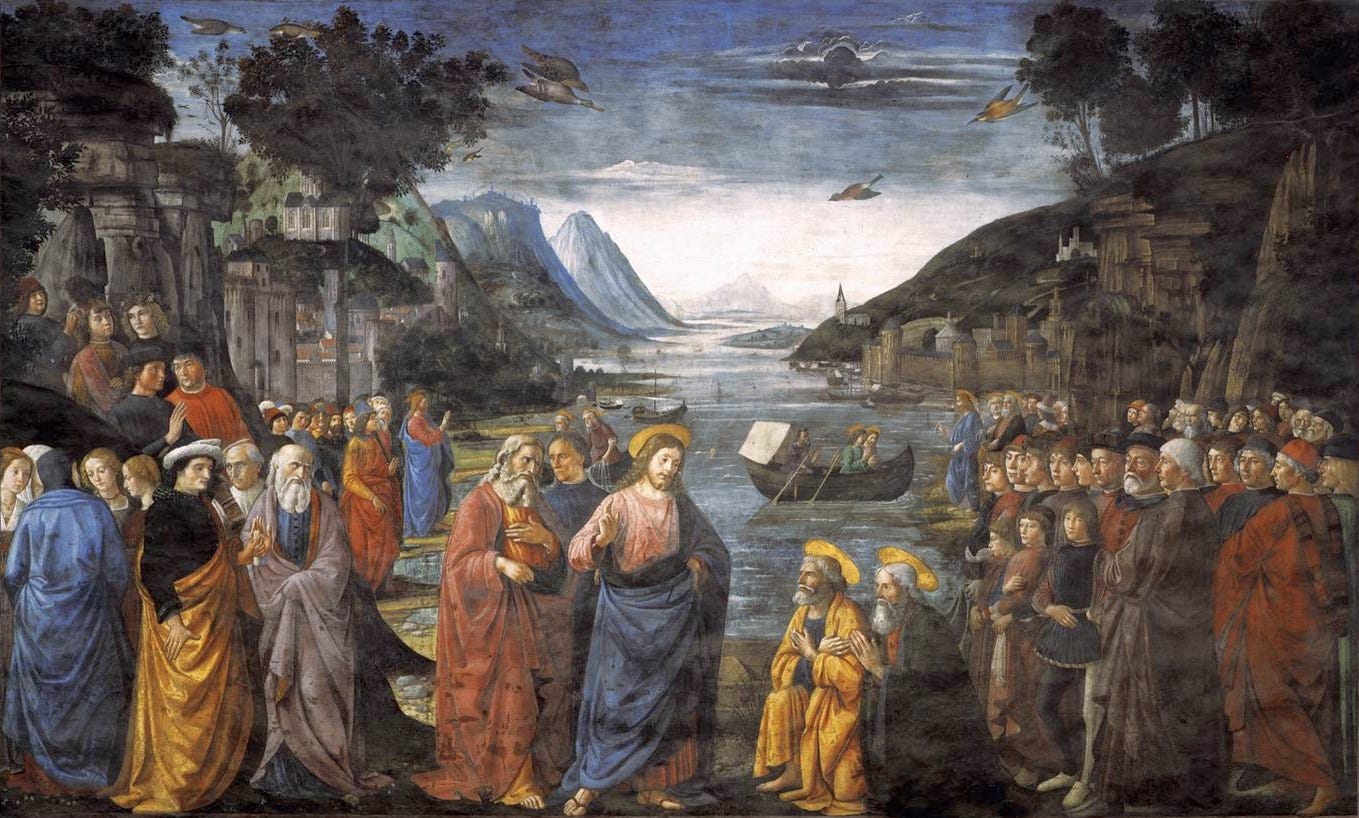The religio-political tenor of the Acts of the Apostles.
The uneasy undercurrent of the early church.

The undercurrent of the Acts of the Apostles is an uneasy one, to say the least. After the murder of their revolutionary leader, it was thought that Jesus’s disciples would disperse and his teachings dissipate. But, in fact, the exact opposite occurred. Jesus’s message of forgiveness spread like wildfire throughout the known world. The world was subsequently “turned upside down” by the apostles’ doctrine and demonstrative affirmation that the Man who was “murdered by hanging . . . on a tree” was, in fact, alive (Acts 5:30; 17:6). The One who was put to death at the hands of Jewish-religious and Roman-political leadership was unable “to be held by death” (Acts 2:24). It is this seemingly preposterous notion of a living Jesus, whom countless saw crucified, which led to the burgeoning annoyance and aggravation of the sacerdotal and governmental bodies.
While they were speaking to the people, the priests, the captain of the temple police, and the Sadducees confronted them, because they were annoyed that they were teaching the people and proclaiming in Jesus the resurrection of the dead. (Acts 4:1–2)
Throughout Luke’s record in Acts, one encounters an assortment of scenes that relay the contentious religio-political tenor of first-century Christian apologetics. In Acts 4, Peter and John are seized, taken into custody, and brought before a conglomerate of Jerusalem authorities (Acts 4:3–7). In Acts 5, leaders of the Sadducees and the Sanhedrin apprehend the apostles on two separate occasions for their preaching of the forgiveness of sins in Jesus’s name (Acts 5:17–18, 25–28). In Chapters 6 and 7, one is made privy to the insidious escalation of prideful disbelief and its eventual end, as Stephen is brought to trial before the Sanhedrin and is ultimately murdered for his testimony of Jesus Christ.
In Acts 9, the annoyance has evolved into abject assault, with the zealous Pharisee Saul requesting “letters” from the high priest that would give him clearance to continue “breathing threats and murders against the disciples of the Lord” (Acts 9:1–2). In Acts 12, one can observe the Roman political authority, King Herod, involving himself in both the execution of James and the arrest of Peter, which served to “please the Jews” (Acts 12:1–3). In Acts 17, the apostles’ preaching is so influential and the Jewish jealousy so insipid that a mob is formed to attack the apostles’ house, forcing them to flee the city (Acts 17:5–10). The vehement assaults continue through the end of Luke’s record in Acts, with crowds, riots, conspiracies, and phony tribunals all seeking to slander and cripple the message of the gospel (Acts 21:28; 24:12–15; 25:1–3).
With these and many other instances through the Acts of the Apostles, one can see the rabid deplorability of the Jewish-religious and Roman-political leadership in the days of the early church. As the gospel moved forward, the reprobate hearts of the religio-political authorities sought to dispel, disrupt, and demolish the faith of those “who belonged to the Way” (Acts 9:2). Jewish-religious and Roman-political authorities, witnessing the prolific spread of “the Way,” and not wanting to concede an inch of power, bred vicious contempt against the apostles and all those who followed them. Such is the vitriol of unfaith. Such is the heart of man, which is, as John Calvin writes, “a perpetual forge of idols” (55). Such is the campaign of rigid moralism against the free grace of God’s good news for man.
Works cited:
John Calvin, Institutes of the Christian Religion, translated by Henry Beveridge (Peabody, MA: Hendrickson Publishers, 2008).


